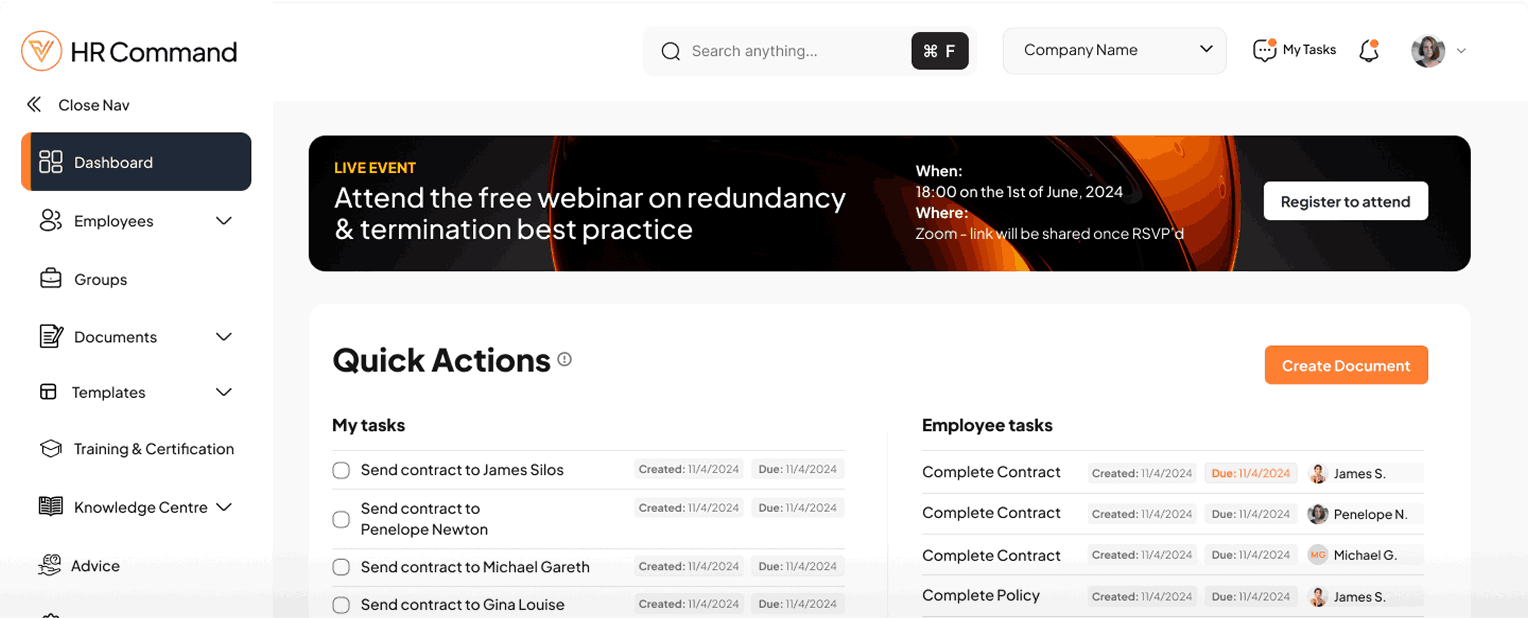Often this is done secretly or unbeknownst to their main employer.
However there is a fine line to tread when it comes to moonlighting. Workers and employers need to understand their responsibilities and expectations to avoid it flaring into a legal issue.
When can moonlighting become problematic
Moonlighting refers to having a second job in addition to one’s regular paid employment.
Employees who consult their employer before seeking additional income can effectively manage a day job and some extra work on the side.
There are two main ways moonlighting can become a legal issue:
- An employee is running a side business that adversely impacts on an employer’s financial or business interests
- When moonlighting affects the employee’s performance.
For example, an employee practicing law during his or her day job and then courting their employer’s clients after hours to gain additional paid work (not through their employer) would be detrimental to the employer’s financial interests. This could result in an employer taking legal action against the employee to pursue any lost profits. The obligations of employment contracts differ but generally state that an employee must act in the best interest of their employer and not act in potential conflict of interest situations. Outside the employment contract, the law imposes these obligations also.
Employees using assets belonging to their main employer to service a side business could in certain circumstances also be grounds for dismissal. This could include an employee using a company car to work as an Uber driver, as well as mobile phones, computers and internet connections. It would certainly extend to using confidential information and intellectual property of the employer to set up and operate a side business.
Similarly, working a second job out of hours and coming to their day job tired and unproductive could jeopardise an employee’s primary employment.
Typical examples
Common cases of moonlighting are when workers have a retail day job, then work in hospitality at night time. The combination of early starts, late finishes, and physicality of the work is highly detrimental to their performance. Similarly it can be common where people work in careers that are service-based and perceive that they should be able to use their skills to provide services as they wish outside work hours.
In one case, an employer recognised a performance issue and confronted the employee. It became apparent that moonlighting was significantly contributing to the performance issues. The employee was asked to choose which job to pursue as the two roles could not be undertaken effectively. In other instances an employer has become aware that an employee has established a business that was competing with the employer and on approaching the employee, the employee has opted to resign rather than disclose to the employer the extent of the operations of the side business.
Transparency matters
Moonlighting can be very tempting for younger and less experienced workers. They generally have a lower income, want to fast-track their careers, and have the highest take up of new technologies such as job outsourcing applications and websites. However we also see moonlighting across all walks of life and in varied industries, many of which would surprise the ordinary person.
Workers shouldn’t hide their side business from their main employer. It’s important for a worker to be transparent and honest about any other paid work they are completing. This includes having a conversation with their employer to discuss what additional work they are, or would like to be, undertaking and how it can be managed with the day job.
Employees should consider whether the type of business would be detrimental to their employer and if it’s a conflict of interest, and if taking on any more work would impact their performance or ability to fulfil their day job.
Employment contracts often have clauses to prevent employees from undertaking additional paid work or the employer will have policies on the issue in place. Often an employee seeking to undertake a second job, or moonlighting, would require the approval of an employer’s management team or board too depending on the nature of the work.
For the Employment and Industrial Relations team. He can be contacted on (08) 8228 1111 or phealey@cowellclarke.com.au











